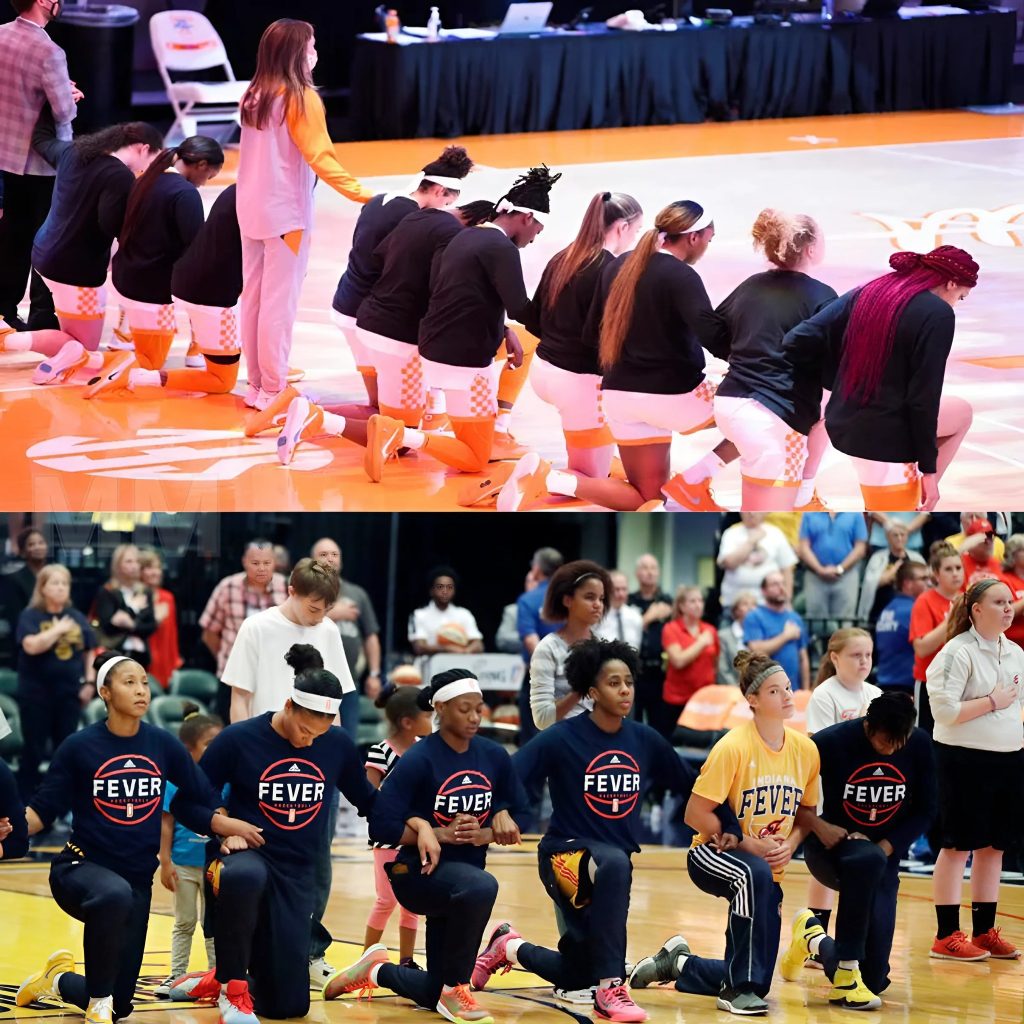University of Texas Responds to False Claims About Scholarship Cancellations Over National Anthem Kneeling
In recent weeks, social media has been abuzz with claims that the University of Texas revoked scholarships for students who kneeled during the national anthem. The alleged policy, which supposedly targeted student-athletes and other scholarship recipients, suggested that any student engaging in such protests would lose financial aid. However, thorough investigation reveals that these claims are false, originating from satirical or misleading sources.
Debunking the Misinformation
The viral claim first appeared in social media posts and questionable news sources, stating that the University of Texas had enacted a policy prohibiting students from kneeling during the national anthem. According to the claim, the university justified its decision by asserting that students “must respect the land they are on.”
However, no credible reports, university statements, or official sources confirm such a policy. Fact-checking organizations, including Reuters, have verified that there is no evidence to support these allegations. John Bianco, Associate Athletics Director of Communications at the University of Texas, explicitly stated that there is “no truth to this rumor.”
Additionally, some of the images associated with these claims were found to be unrelated to the University of Texas. One widely circulated image depicted athletes from the University of Tennessee’s Lady Volunteers basketball team kneeling in protest during a game in 2021. This misleading use of imagery further fueled confusion and misinformation.
Scholarship Changes at UT: The Real Story
While the University of Texas has not canceled scholarships due to anthem protests, there have been changes to its scholarship programs due to recent state legislation. In January 2024, Texas implemented Senate Bill 17, which banned public universities from maintaining offices or programs dedicated to diversity, equity, and inclusion (DEI). As a result of this law, at least 15 scholarships at the University of Texas were either frozen or modified to comply with the new regulations.
The impact of this law on students, particularly those from underrepresented backgrounds, has sparked controversy. Critics argue that the removal of DEI-focused scholarships may reduce opportunities for marginalized students. However, none of these scholarship changes are related to kneeling during the national anthem.
The Ongoing Debate on Free Speech in College Sports
The controversy surrounding national anthem protests remains a divisive issue in the United States. Athletes at both the collegiate and professional levels have used kneeling as a form of peaceful protest against racial injustice and police brutality, a movement that gained significant traction following Colin Kaepernick’s 2016 protest in the NFL.
Public universities like the University of Texas are bound by the First Amendment, which protects students’ rights to free speech, including peaceful protest. Legal experts have repeatedly affirmed that institutions cannot legally revoke scholarships or impose punitive measures on students for expressing political views in a non-disruptive manner.
Conclusion
The claim that the University of Texas canceled scholarships for students who kneel during the national anthem is unfounded and misleading. No official policy supports this allegation, and fact-checkers have debunked the viral rumors. However, changes to UT’s scholarship programs due to Texas’ recent DEI ban have created genuine concerns about the accessibility of financial aid for certain students.
As debates over free speech and student activism continue, it remains crucial for the public to rely on verified information and reputable sources rather than misleading social media posts. The University of Texas, like other public institutions, must balance its policies with constitutional rights while ensuring that all students have access to educational opportunities.


